A Resource by WELS Congregational Services
Review by made. known.
In this video resource, Ben Dose and Bill Monday host a series of five “honest conversations” with WELS students at a public university, an environment where LGBTQ+ relationships are celebrated as the rational and loving norm for any sensible society. Daily, our WELS members in such a circumstance are faced with the question, “How best can I give a gospel witness?”
With candor, honesty, and authenticity, the panel’s participants probe various aspects of these hard-to-talk about matters in these “honest conversations.” The crux of the matter revolves around confessing the truth about human sexuality in all its scriptural beauty, while fostering the kind of relationship that might provide a context for someone to actually hear that truth.
Love necessarily places the other person’s needs ahead of our own. That involves hearing them out so that we can understand how they see things. To listen before we speak, to tune into the world as they experience it.
The ultimate goal is that we might all the more fittingly speak law and gospel when we understand our neighbor from the heart.
A few other points to observe about these Honest Conversations:
- As the last video clarifies at the end, these are conversations, not doctrinal statements.
- The participants emphasize the relational aspect of having discussions about these topics. They are less pointed in their declarations of God’s will. That’s not to say that truth is absent. It is rather assumed by the participants and applied within the context of their own experiences.
- In this connection, the leaders Ben and Bill are themselves part of the message. Ben, a man with same-sex attraction, is willing to say, “There is another way, and that is Christ’s way. His way is the way of love and hope for me (or you), even if that means a life of singleness.” From his rich pastoral experience, Bill is willing to tackle these difficult subjects with integrity and compassion.
- These conversations are aimed at students, not pastoral theologians.
- They are meant to be led by doctrinally sound discussion leaders based on materials prepared as guides for them.
And remember as you listen, they are conversations. Unscripted. Things were said that I would’ve put differently. We each have our own way of talking, after all. There were even a few things that I might have wished had not been said. I know I feel that way with every conversation I have ever had.
But as honest, unscripted conversations, they are meant to encourage further dialogue. To provide a safe space for our students to unbottle some of their pent-up emotions and concerns in areas where adults tend to say nothing. I believe the videos will succeed in that purpose. And if they are used in a context where there is an adult leader with a good doctrinal understanding—as they are intended to—I anticipate them doing a lot of good.

